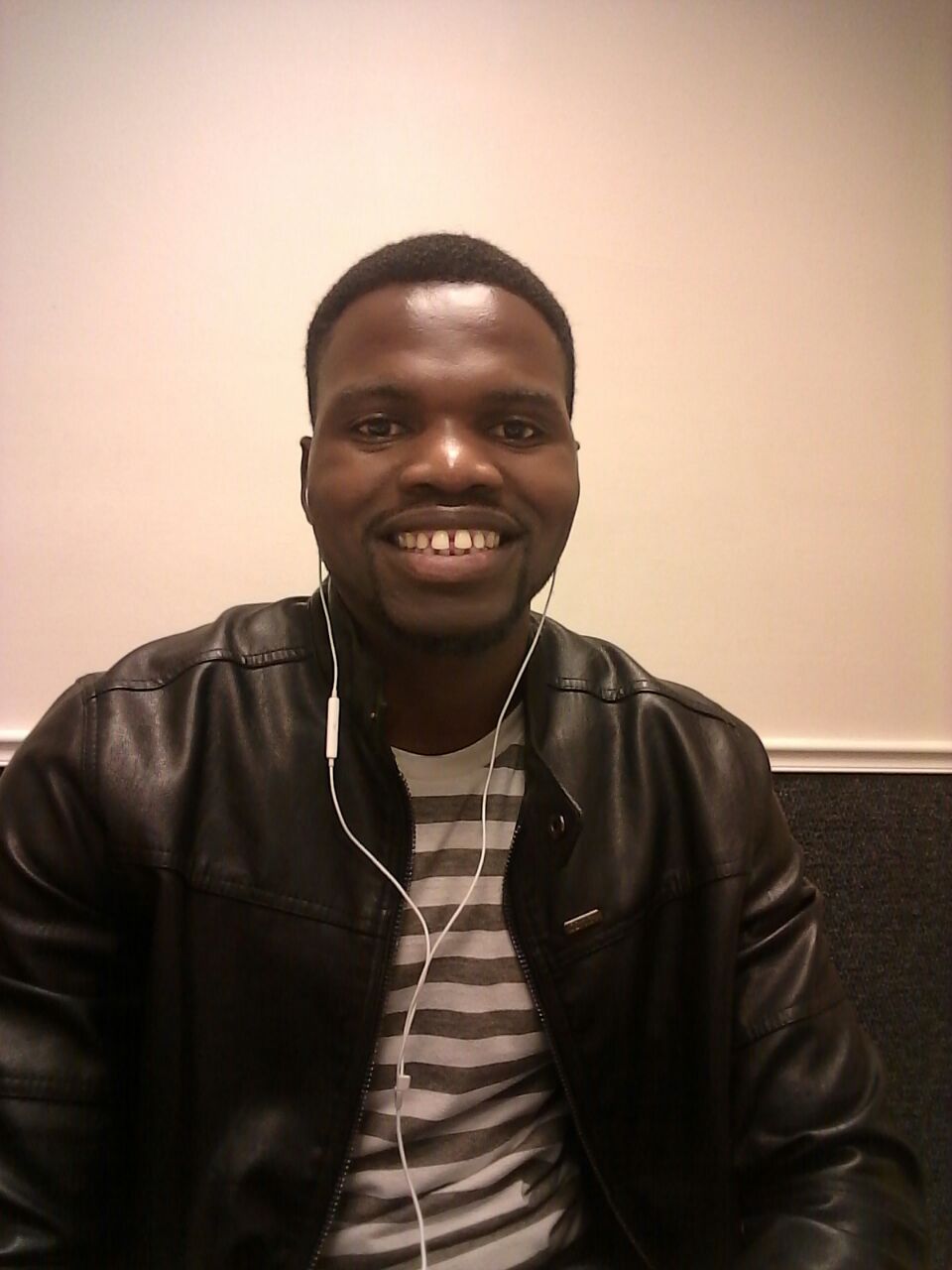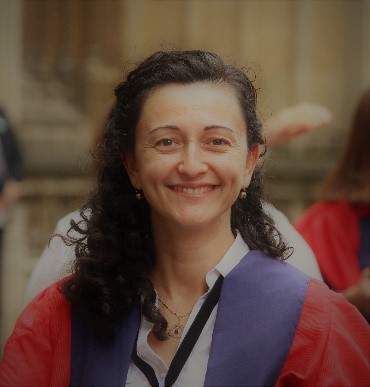Nondumiso Hlwele dumi.hlwele@uct.ac.za
Tuberculosis is one of the most common causes of death in the era of HIV/AIDS. According to the World Health Organisation (WHO), South Africa houses third largest global burdens of tuberculosis (TB) after India and China, and 28% of the world’s cases involve HIV-TB co-infection. Recent studies in South Africa indicate that <10% of patients attending clinics for TB-related symptoms were screened for TB and TB screening among people living with HIV is around 80%. Among those tested for TB, the availability of results in patient files is limited. Thus, accurate estimates for rates of TB infection remain unknown, particularly for high-risk populations. Recently, provider-initiated TB case-finding has become an integral part of HIV care in resource-poor settings. However, studies comparing symptom-based screening with sputum tests suggest that current symptom screening has poor sensitivity. This presentation will illustrate the use of latent class analysis to empirically identify distinct patterns of self-reported pulmonary TB symptoms from the second wave of Mzantsi Wakho study – the world’s largest cohort of adolescents living with HIV. In turn, given low rates of TB screening and accurate testing in the South Africa this will help to estimate rates of pulmonary TB infection among this high-risk population as well as explore a simple symptom screening checklist that may be crucial for more effective case finding and follow-up treatment in high-burden, low-resource contexts like South Africa.
For those interested in Latent Class Analyses as a quantitative data analyses method, Siyah and Elona will give a small introduction to LCA and share some key readings at 2-2:30pm.

Siyanai Zhou is a quantitative researcher at the AIDS and Society Research Unit. He recently finished his MPhil in Demography at the University of Cape Town‘s Centre for Actuarial Research, focusing on patterns of migration among Zimbabweans living in South Africa. He is currently a Quantitative Data Analyst for the Mzantsi Wakho cohort study. His primary focus is the application of Advanced Statistical methodologies and Demographic techniques in Health and Social Sciences. He works closely with Dr. Elona Toska and Prof Mark Orkin (University of Witwatersrand/ Oxford) on several projects which include this analyses and predictors of pregnancy and hormonal contraception use among adolescent girls living with HIV.

Elona Toska is an adolescent health researcher and postdoctoral fellow at the AIDS and Society Research Unit. She co-leads the quantitative component of the Mzantsi Wakho Adolescent Health cohort and the HEY BABY study on adolescent mothers and their children with Prof Lucie Cluver (Oxford/ UCT). She works with Dr Rebecca Hodes (qualitative PI o of Mzantsi Wakho and HEY BABY) and an inspiring team of colleagues at Oxford University, UCL, University of Fort Hare, Curtin University (Austrialia), the Paediatric Adolescent Treatment for Africa, UN agencies and governmental partners in South Africa and neighbouring countries. She can sometimes be found facilitating energizers with young people or fellow researchers, usually with a 3-year old in tour.
